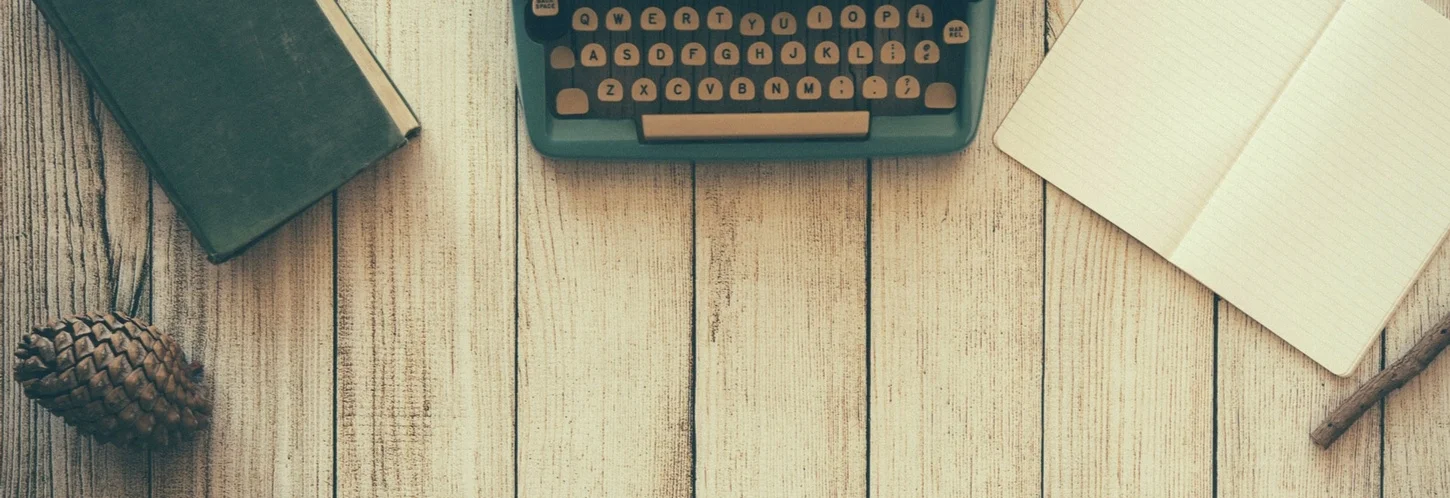As 2014 drew to a close, I was more than ready to be done with it. It was a hard year, a challenging year, and I wanted nothing more than to kick it to the curb.
But that thought was always quickly followed by this one:
January 1st doesn't bring with it a clean slate and a fresh start like we imagine it does.
I know, I know, I know... My cynicism is flaring up big time. But it's true, isn't it? When the ball drops at midnight on the 31st, the troubles and horrors and heartaches of the year don't miraculously vanish like the monster under the bed does when we turn on the bedroom light.
Nope. Waking up on the first morning of the first day of the first month of the new year is really no different than waking up on the last morning of the last day of the last month of the old year. Nothing really changes when we start the new calendar.
Sad. But true.
Yet we hold fast the idea that there is hope and promise in each January 1st. There's a symbol there that we refuse to let go of—a symbol of change and do-overs and redemption...
And maybe the mirage alone is enough.
Maybe the symbolism carries a sort of placebo effect. Maybe it's exactly what we need to keep putting one foot in front of the other. The hope of better days burns brightest at the start of the new year, and the warmth and light it provides is genuine...even when it comes packaged in a sugar pill.
The new dawn doesn't necessarily signal the end of our Dark Night, but it hits an internal reset button nonetheless. So I'm allowing myself to embrace that, and not letting my jaded heart disregard the sacred significance of the moment.
For all of us who were ready to scrap 2014, I'm shaking off my cynicism and raising my mimosa glass:
To new beginnings, necessary endings, unexpected joys, light breaking, dreams realized, hope restored, and unforeseen love.
But mostly... To better days.



